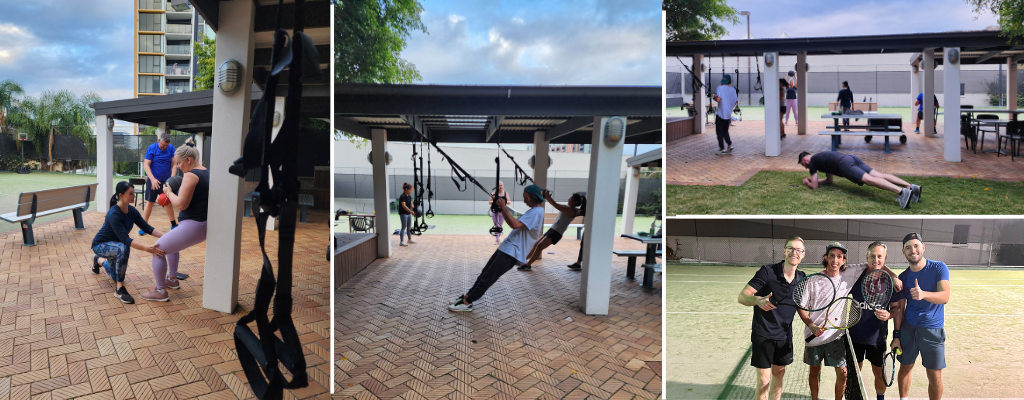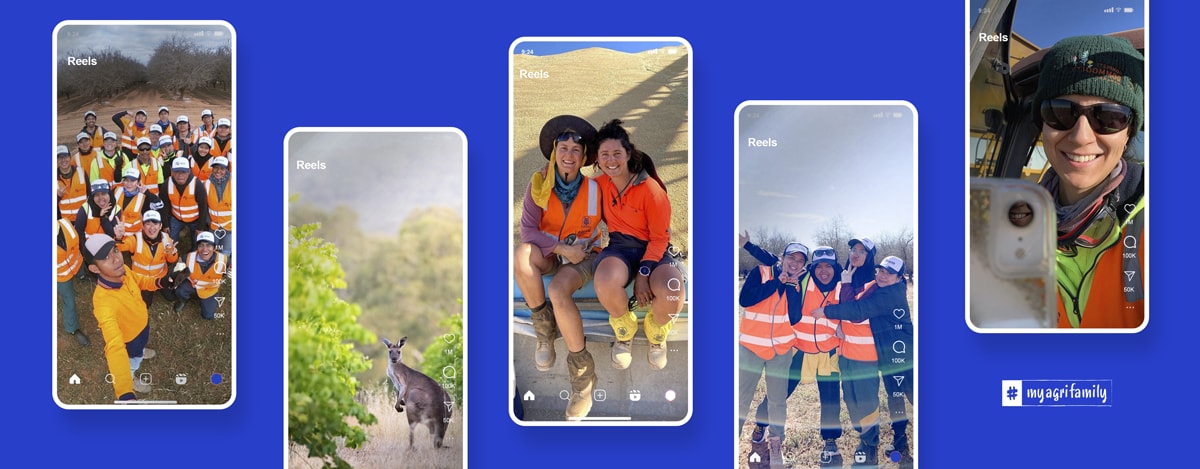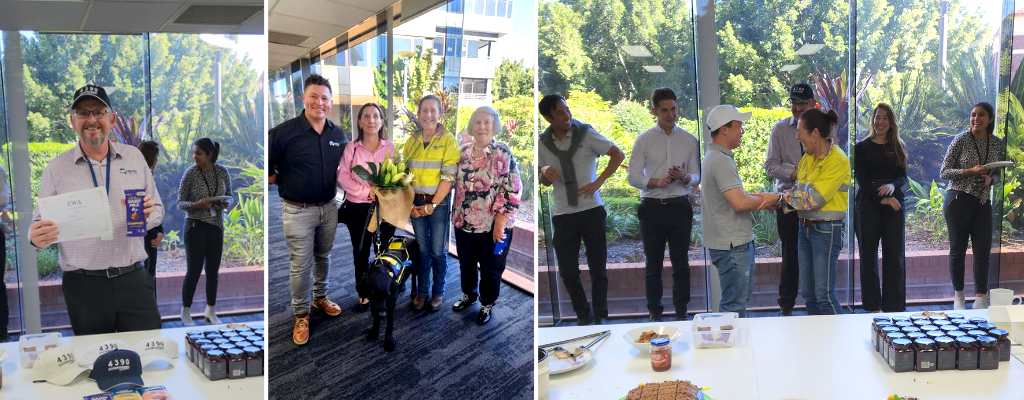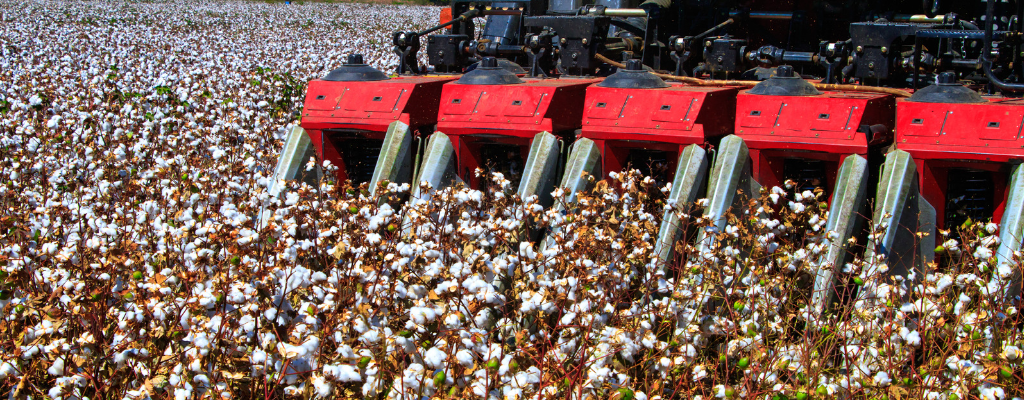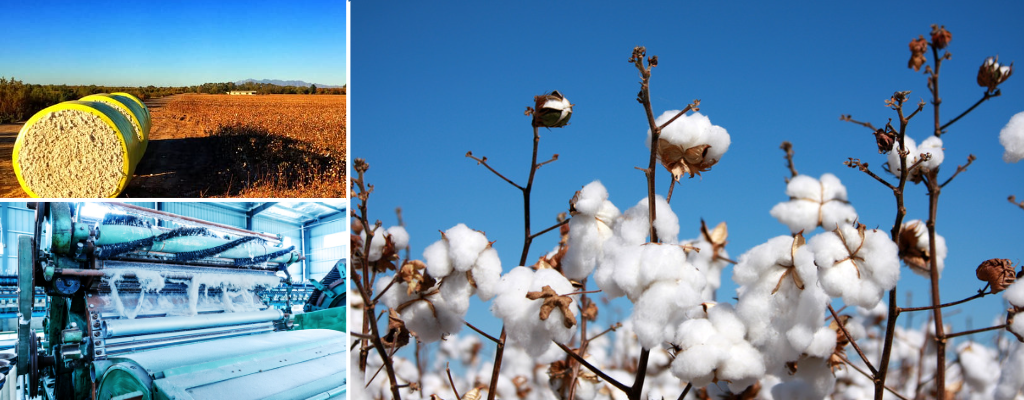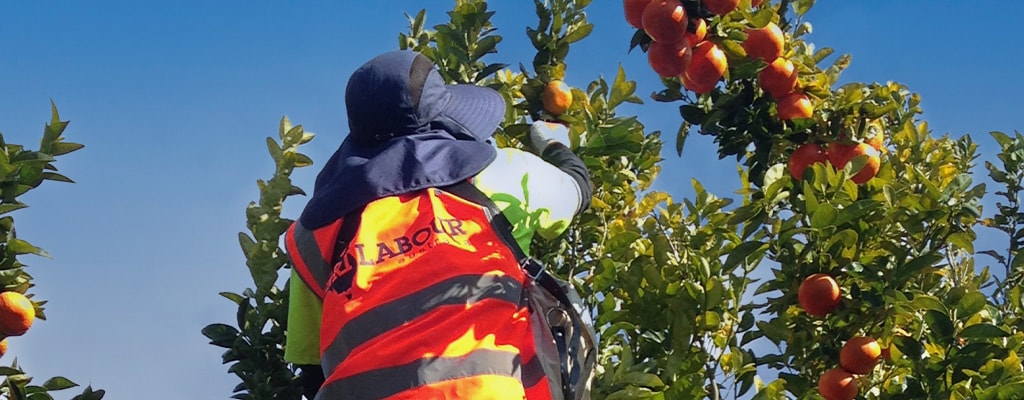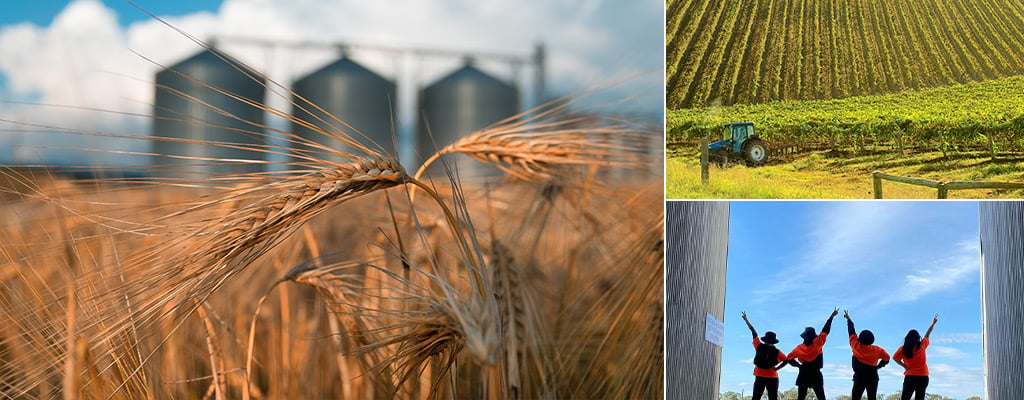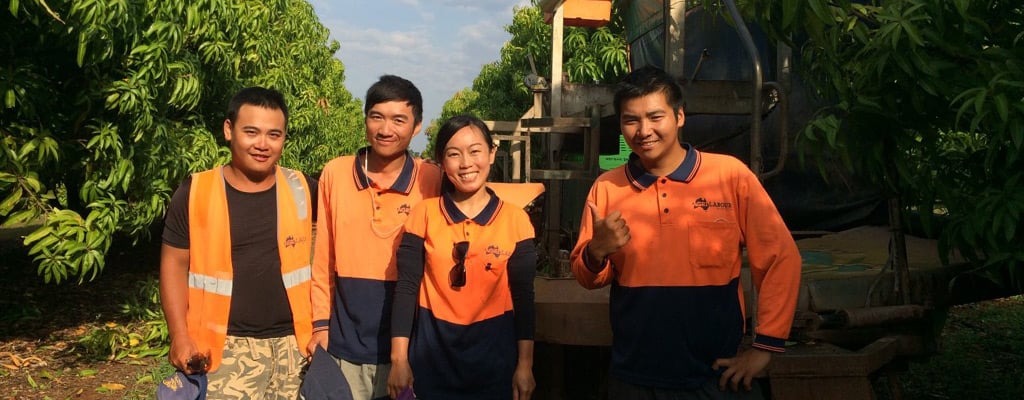Are you ready to make a move into an idyllic part of the world and take on exciting and rewarding regional jobs? If so, rural and regional Queensland could be the perfect destination for your next working holiday.
Agriculture jobs in Queensland are plentiful, particularly as almost 90 per cent of the state’s land is used for agricultural production. Queensland is also home to seven of the top 25 local government areas, including Australia’s second richest LGA, Toowoomba, with an annual farming production value of approximately $1.1 billion, providing many of the rural jobs QLD needs.
The state has also recently broken records for the production of broadacre crops such as wheat, barley and canola, creating new opportunities for farm workers. Whether your interest lies in the agriculture, fisheries, forestry or food sector, every harvest season brings with it a host of rural jobs in Queensland that will suit you and your skillset – and with comprehensive harvest trail services, the process of finding work is easier than ever.
What kind of agricultural work opportunities are available?
With rural jobs in Queensland across a variety of agricultural sectors, Queensland is a fantastic place to look for farm work. From the grain, cotton, mango and citrus harvests to piggery, poultry and livestock roles and even prawn farming, agriculture jobs in Queensland offer plenty of variety.
At Agri Labour Australia, we have our roots in rural and regional Queensland, as well as the largest proportion of our client base, giving us a deep understanding of farming jobs in the region and what is required of harvest workers. We also service a number of clients managing horticulture, poultry, aquaculture, food processing, and storage and handling careers.
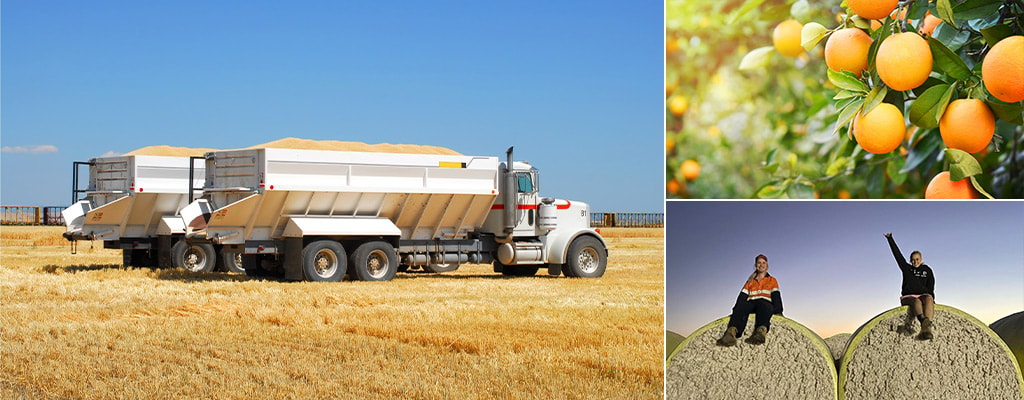
What’s the climate like in Queensland?
Hailed as the “sunshine state”, Queensland generally enjoys a warm, temperate climate. The type of harvest work you take on – whether you’re picking fruit or vegetables, grading produce, packing crops or something in between – will determine the most appropriate season for your visit.
If you’re planning on taking on harvest jobs in QLD during the summer, you’ll need to be prepared for intense heat and humidity as well as the occasional storm. There are a few options for workers during the hot season, with the mango harvest running through summer and the grain harvest finishing up in December, and jobs available at feedlots year-round.
Autumn and spring are generally warm and humid, with a wide variety of produce ready to be harvested. From vegetables to citrus, grapes, bananas and herbs, there’s a wide range of options.
From June through to August, the winter season brings some cool relief to many parts of the country, allowing for produce like berries, avocados, pumpkins and citrus to thrive.
How can I travel around rural Queensland?
Rural Queensland is a vast open space, and public transport options may be limited, depending on how far inland you go, meaning that travelling by car may be your best – or only – option.
Harvest jobs QLD may differ when it comes to transport arrangements, too; for example, depending on the job and location, some employers may arrange transport to and from the worksite.

What is there to do in Queensland?
For those looking for a truly unique experience, Queensland is the place to be – full of attractions and scenery unlike what you’ll find anywhere else. If you’d like to see the cities and mingle with locals, you’ll want to spend your time in a popular spot like Brisbane or the Gold Coast, where the entertainment options are endless. Just a few hours from rural Queensland are some of the best tourist attractions in the south-east, with Brisbane and the Gold Coast within easy reach.
If you have a car, rural Queensland is also an ideal place for road trips, with plenty of hot spots up north. Cairns, for one, is home to some incredible native scenery, from the Daintree Rainforest to the Great Barrier Reef, with no shortage of amazing beaches on the way up the coast.
Want to know more about the rural jobs QLD has to offer? The agricultural recruitment experts at Agri Labour Australia can connect you with opportunities that match your skill set, availability and travel plans. To find out more, fill out the contact form on our website.

